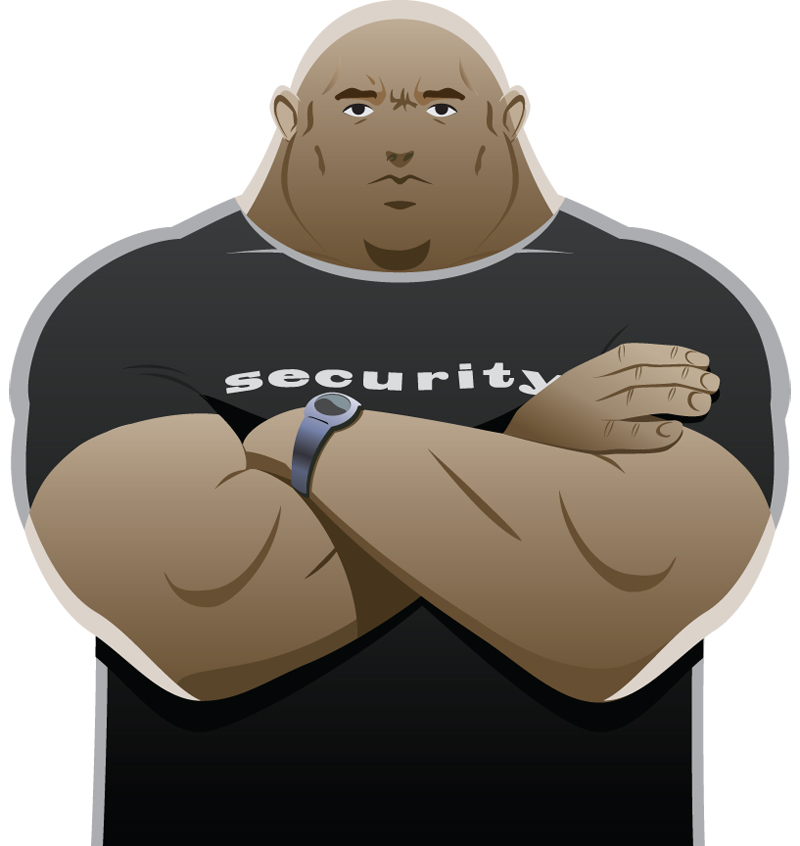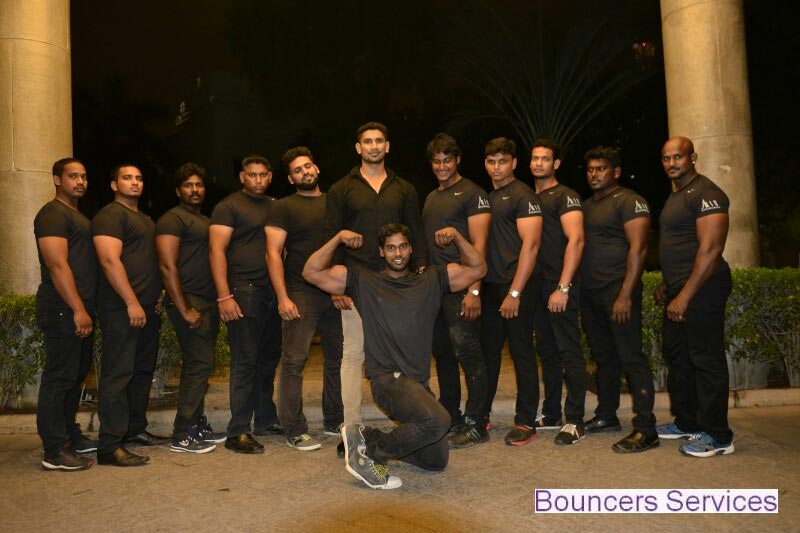

#Bouncer security how to
Training may also include how to use self-defense techniques and how to break up fights.īouncers who work in nightclubs may also receive training in how to handle drunk customers and how to prevent and respond to sexual harassment.Ĭertifications & Licenses: Bouncers typically do not need certifications. Training may include how to use the club’s security equipment, how to spot fake IDs and how to handle unruly customers. Training & Experience: Most bouncers learn the skills and knowledge they need for their role while on the job. However, some bouncers choose to pursue an associate’s or bachelor’s degree to increase their earning potential and qualify for higher-level positions. The qualifications to become a bouncer vary depending on the establishment, but may include:Įducation: Most bouncers need only a high school diploma or GED certificate. In addition, the need to control access to these establishments will continue to grow as more states legalize the sale and consumption of alcoholic beverages.

The need for security personnel in bars and nightclubs will continue to increase as establishments try to reduce the amount of property damage and personal injury claims. The employment of bouncers is expected to grow faster than average over the next decade.

Bouncer Job Dutiesīouncers typically have a wide range of responsibilities, which can include: They’re tasked with keeping the peace by breaking up fights, stopping people from entering without a ticket, and ensuring that everyone has a good time but doesn’t get out of hand. Bouncers are the security personnel who patrol the doors of bars, nightclubs, and other entertainment venues.


 0 kommentar(er)
0 kommentar(er)
